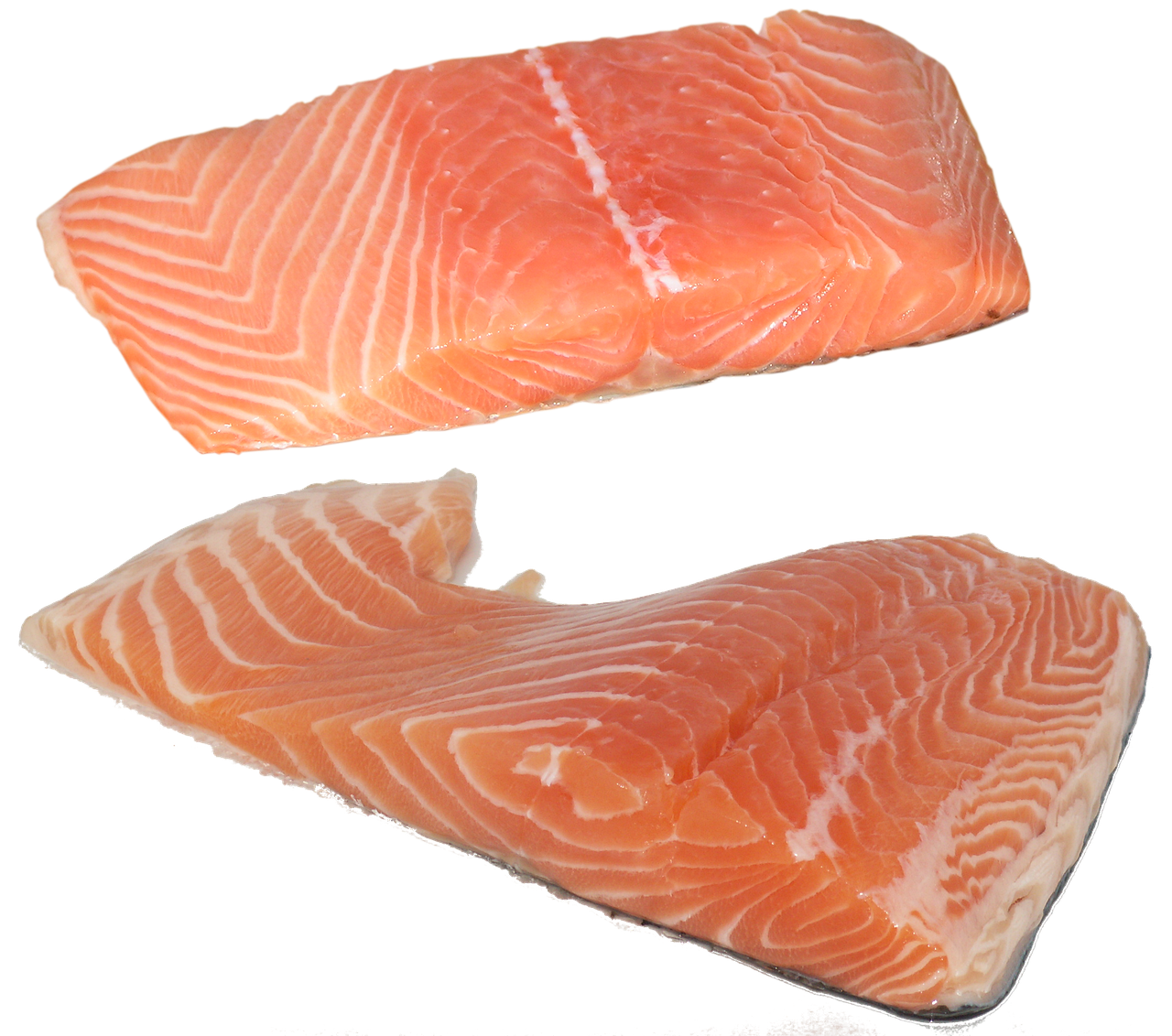Omega-3 fatty acids have been shown to provide a wide range of health benefits, including improving brain function. The human brain is made up of 60% fat, and omega-3s are essential for building and maintaining healthy brain cells. In fact, research has revealed that omega-3 fatty acids can help provide more oxygen to the brain, which assists us in retaining new information and remembering old information. This article will explore the benefits of omega-3 fatty acids for brain health and the best kinds of fish to eat to get them.
One of the most significant benefits of omega-3 fatty acids is their ability to support brain function. These essential nutrients play a vital role in the development and maintenance of the brain’s structure and function. Omega-3s are crucial for building healthy cell membranes, which ensure that messages are transmitted effectively between nerve cells. They also support the growth of new brain cells, which can improve mood, reduce anxiety, and enhance cognitive function.
Research has shown that omega-3 fatty acids can help to improve memory, learning, and cognitive performance in both children and adults. A study published in the American Journal of Clinical Nutrition found that individuals with higher levels of omega-3s had better cognitive performance and less brain shrinkage than those with lower levels. Another study showed that supplementing with omega-3s improved attention, memory, and processing speed in healthy adults.
So, what types of fish are the best sources of omega-3 fatty acids for brain health? Wild caught salmon, tuna, and herring are all excellent choices. These fish are high in two essential omega-3 fatty acids: eicosapentaenoic acid (EPA) and docosahexaenoic acid (DHA). EPA helps regulate mood and reduces inflammation, while DHA plays a crucial role in brain development and function.
Salmon is perhaps the most well-known source of omega-3s. A 3.5-ounce serving of wild-caught salmon contains around 1.5 grams of EPA and DHA combined. Tuna is another great choice, with a 3.5-ounce serving providing around 0.5 grams of EPA and DHA combined. Herring is also an excellent source of omega-3s, with a 3.5-ounce serving containing around 1.8 grams of EPA and DHA combined.
While fish is an excellent source of omega-3s, it’s not the only way to get these essential fatty acids into your diet. Vegetarian sources of omega-3s include flaxseed, chia seeds, and walnuts. However, these plant-based sources contain a different type of omega-3 called alpha-linolenic acid (ALA), which the body must convert into EPA and DHA. This conversion process is not very efficient, so it’s best to supplement with fish or fish oil if you’re looking to boost your levels of EPA and DHA.
Omega-3 fatty acids play a crucial role in brain health, and incorporating fish into your diet is an excellent way to promote cognitive function and memory retention. Wild caught salmon, tuna, and herring are all great sources of EPA and DHA, which can help to provide more oxygen to the brain and enhance cognitive performance. Remember to choose wild caught fish whenever possible, as farmed fish may not contain the same levels of omega-3s and may be exposed to harmful chemicals.
Sources:
1. Harvard Health Publishing: “Omega-3 fatty acids: An essential contribution”
2. National Institutes of Health: “Omega-3 Fatty Acids”
3. Medical News Today: “Omega-3s for brain health: What to know”
The Author:
Pioneerthinking.com – Ingredients for a Simple Life.
Photo. Piotr Eliasz
